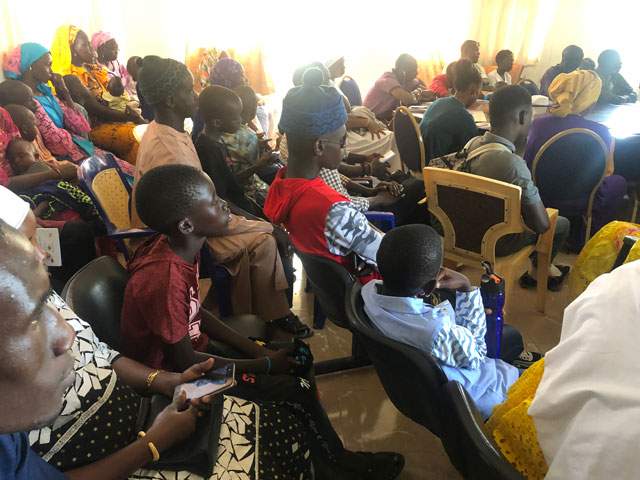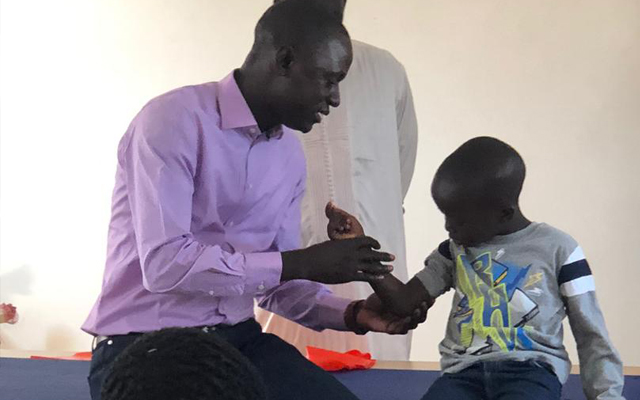Data collection is essential to improve the knowledge and management of hemophilia so that physicians can provide better care—and patients can enjoy a better quality of life. In Senegal, data on bleeds and treatments was collected during treatment, but data were inconsistent and of a low volume, making it hard for physicians to get a good grasp of the situation in the country’s bleeding disorder community. A hemophilia treatment centre (HTC) in Senegal—the Centre National de Transfusion Sanguine, in Dakar—sought to change this situation through the Research Support Program (RSP) of the World Federation of Hemophilia (WFH) World Bleeding Disorders Registry (WBDR). Thanks to funding provided by the RSP, the HTC was able to implement the WBDR’s reliable data collection system, significantly improving the accuracy and ease-of-entry of bleeding disorders data in Senegal.
The WBDR project in Senegal was a two-year endeavour, implemented in February 2019 and completed in August 2020. The implementation process was built around three main projects. The first was the distribution of approximately 200 notebooks to record data on bleeds and treatments. In these notebooks, patients were asked to record their bleeding events, emergency procedures, and any infusions of factor. At each visit to the HTC, clinicians would collect the notebooks and enter the data into the WBDR.
The second project was setting up a dedicated cellphone for the HTC. The cellphone was used as a 24/7 emergency hotline that patients used to contact the HTC. On average, the HTC received two calls a day. The phone was also used to contact patients, make regular check-up calls, book follow-up visits, and collect data on bleeding episodes and treatment. This simple tool made it possible for clinicians to more easily get in touch with patients, and also allowed them to increase the number of individuals enrolled in the WBDR.
The third project was organizing therapeutic education sessions for patients. The first such session focused on hemophilia treatment and the launch of the notebooks. Almost 90 people attended, of whom 63 were patients. The session was led by WFH medical Board of Directors member Saliou Diop, MD, who educated the patients and family on how to recognize bleeding events and how to use the notebooks. The second session focused on passive physiotherapy at home. Physiotherapists demonstrated movements and practical exercises that patients could use to strengthen joints and muscles.
Through these efforts, the Research Support Program (RSP) of the WFH World Bleeding Disorders Registry (WBDR) was able to have a very real impact in Senegal: data collection was improved, and patient care was enhanced. In 2019, the number of patients participating in the WBDR was only 6. By June 2020, the number had increased to nearly 200.
To find out more about the WFH WBDR Research Support Program, please click here.













